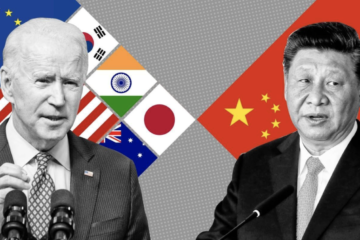Ever since the beginning of the United States as country, guns have played a key role in its history. Enshrined in its constitution, as the second amendment, is the poignant phrase: ‘the right of the people to keep and bear arms, shall not be infringed.’ Without getting into the debates that have accompanied this amendment, it is safe to say that Americans have taken its meaning quite literally; and nowadays I am perfectly able to purchase a military-style rifle together with my weekly groceries at Walmart. But something about the Sandy Hook Elementary School and Christmas Eve shootings have shocked Americans from their laid-back attitude to firearms, leading many to ask: how can we deal with the NRA?
What makes the NRA so scary? The association is incredibly skilled at created a cult of fear that it wraps itself in. If people in Washington know a bill is NRA sponsored, they won’t cross it; Obama refrained from any significant gun legislation in his first term despite being pro gun control; and even Romney backed away from a weapons ban he once supported. The threats against ideological opponents and the power of the NRA are significant, however, they are much more a myth than a reality. Not only can the NRA not destroy politicians, its time to stop letting it act in such a fashion. Unfortunately, in politics, perceptions and myths are often more influential at shaping reality than reality itself.




